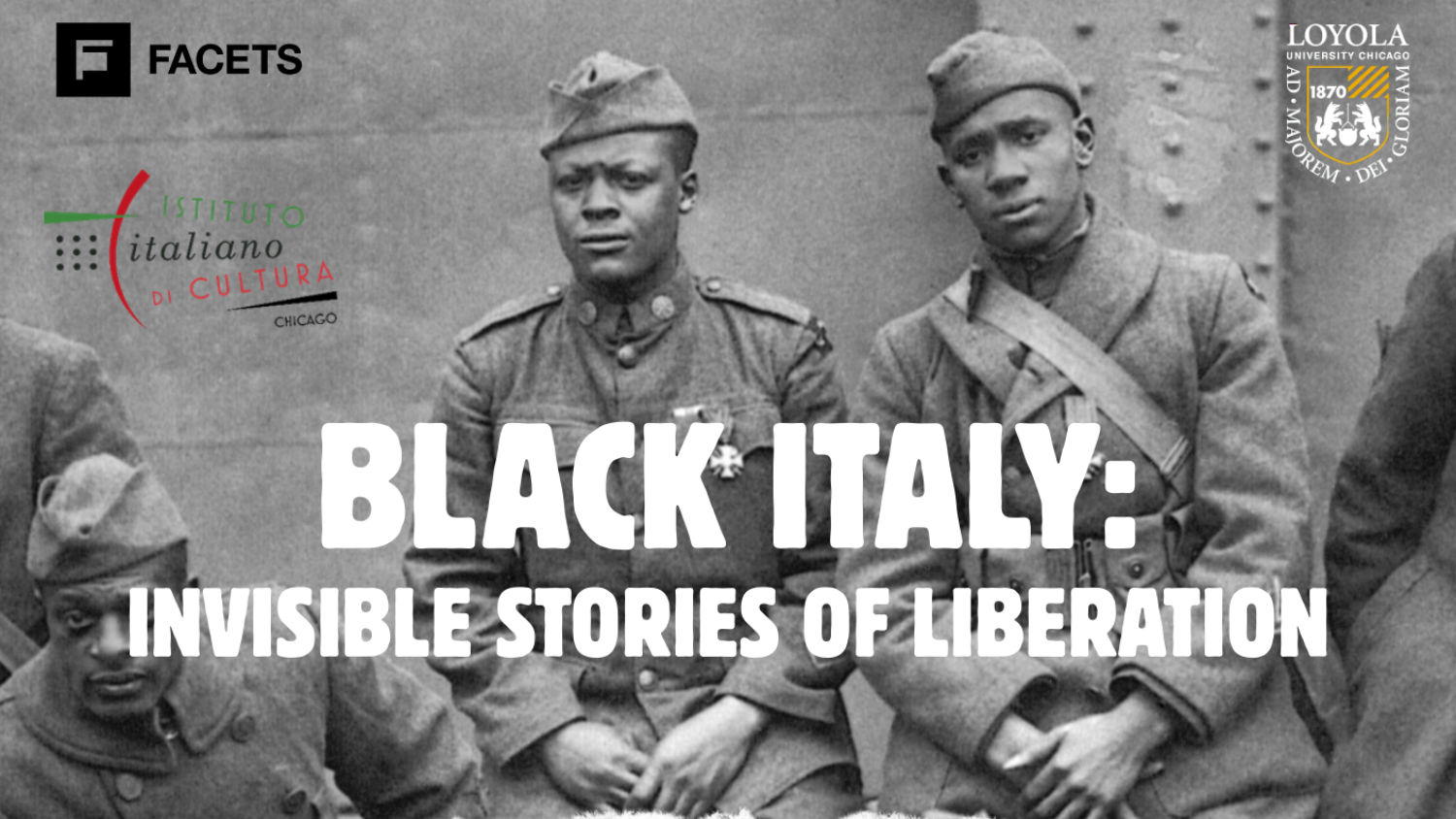To commemorate Italy’s national liberation from Nazi-fascism, the Italian Cultural Institute and Loyola University Chicago present a thought-provoking exploration of the often-overlooked contributions of people of African descent in the antifascist resistance.
From the shadows of the archive fragments emerge—photographs, letters, forgotten names. Writer Maaza Mengiste, and visual artist Dawit L. Petros, trace these faint outlines to ask: What has been erased from our history? Whose resistance remains invisible? How do forgotten stories breathe new life into the story of antifascism? Together, they invite us to look where official history has turned away, to read between the gaps, and to imagine an Italy whose identity is shaped not only by what is remembered, but also by what has been hidden or forgotten.
This event invites audiences to engage with these critical questions and uncover a richer, more inclusive perspective on Italian history and identity.
Panel with Maaza Mengiste and Dawit L. Petros in conversation with Dr. Cristina Lombardi-Diop. Followed by a round table discussion and Q/A with the audience.
FREE and open to the public.

Maaza Mengiste is a novelist, essayist, and photographer. She is the author of the novel, The Shadow King, which was shortlisted for the 2020 Booker Prize, and was a 2020 LA Times Book Prize Fiction finalist. It was named best book of the year by the New York Times, NPR, Elle, Time, and more. The Shadow King, called “a brilliant novel…compulsively readable” by Salman Rushdie, is currently available in Spanish, Swedish, French, German, Italian, Romanian, Turkish, and Finnish, with more translations forthcoming. Her debut novel, Beneath the Lion’s Gaze, was selected by the Guardian as one of the 10 best contemporary African books and named one of the best books of 2010 by Christian Science Monitor, Boston Globe, and other publications. Her story, “Dust, Ash, Flight,” which appeared in Addis Ababa Noir, edited by Maaza, was awarded a 2021 Edgar Award for Best Short Story. She is the recipient of a Guggenheim Fellowship, an American Academy of Arts and Letters Award in Literature, a DAAD Artists-in-Berlin Fellowship, a Cullman Center for Scholars and Writers Fellowship, the Premio von Rezzori, the Premio il ponte, a Fulbright Fellowship, a National Endowment for the Arts Award, and a Creative Capital Award. Her work can be found in The New Yorker, The New York Review of Books, Granta, the Guardian, The New York Times, Esquire, Rolling Stone, and BBC, among other places.
Dawit L. Petros is a visual artist, researcher and educator. His work is informed by studies of global modernisms, theories of diaspora, and postcolonial studies. Throughout the past decade, he has focused on a critical re-reading of the entanglements between colonialism and modernity. These concerns derive from lived experiences: Petros is an Eritrean emigrant who spent formative years in Eritrea, Ethiopia, and Kenya before settling in central Canada. The overlapping cultures, voices, and tenets of this constellation produced a dispersed consciousness, global and transnational in stance and outlook. His works aim for an introspective and textured analysis of the historical factors that produced these migratory conditions. Petros installs photographs, moving images, sculptural objects, and sound work according to performative, painterly, or site responsive logics. Moving between the works echoes the extensive travel taken to produce them; while recurrent visual or formal devices quietly indicate the complex backdrops against which his projects are set.






